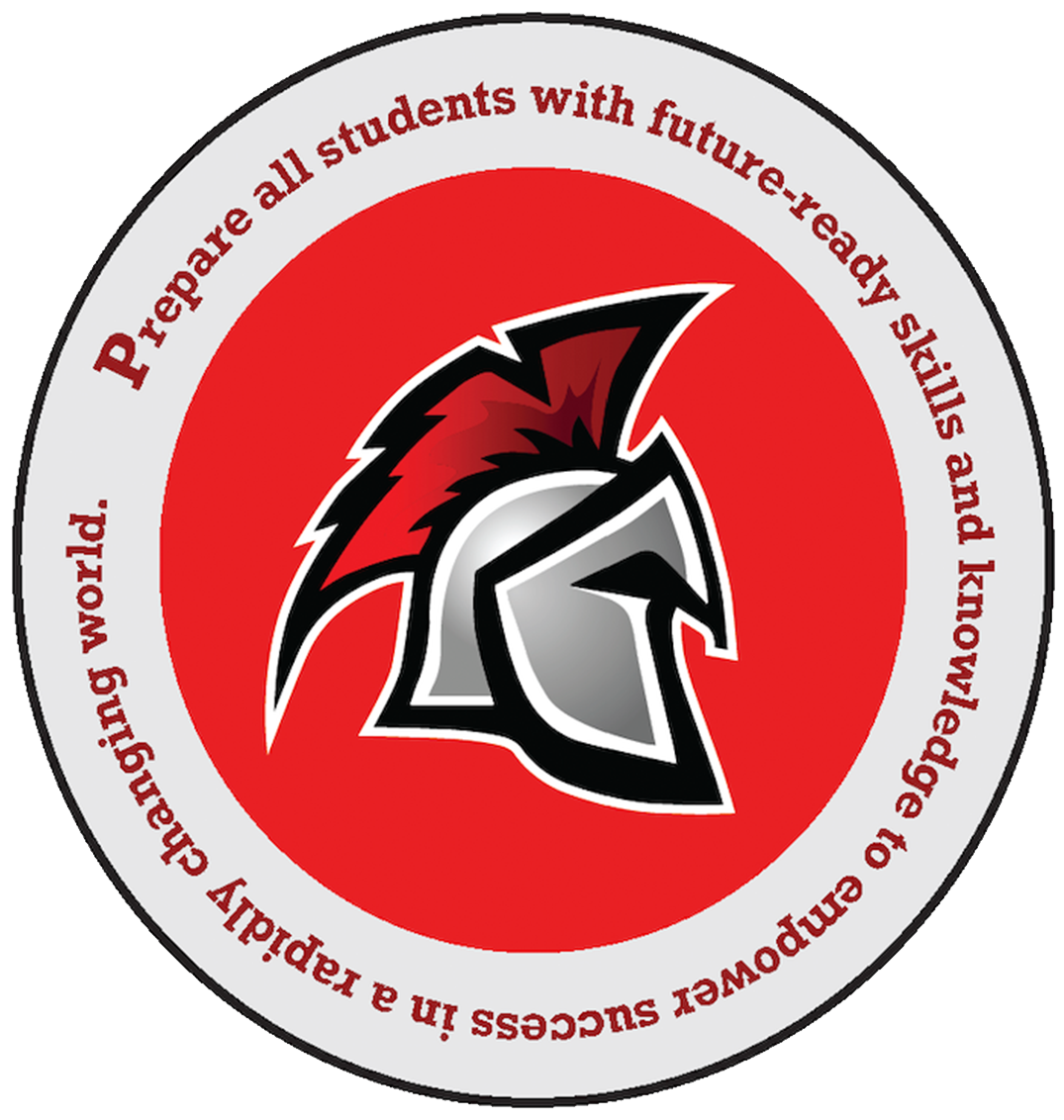Nationally recognized youth advocate Rob Holla spoke to Sanford Middle School's 7th and 8th-grade students on Friday, November 8th, about the serious health risks of vaping and the importance of resisting peer pressure. His presentation combined medical knowledge with powerful real-world examples that highlighted the dangers of e-cigarette and vaping use among young people.
Known for his ability to connect with today's tech-savvy generation, Holla has dedicated his life to empowering students across North America as a highly sought-after teen help advocate.
Drawing from his background as an X-ray technician, Holla shared vital information about the health impacts of vaping while keeping students engaged through interactive elements and relatable examples. His presentation style, which incorporates references to platforms students use daily, helped make serious medical information accessible and memorable for middle school audiences.
The presentation included powerful real-world examples, including a video testimony from a young woman who required hospitalization after vaping-related lung complications. "Many times we see a video like that and think 'Oh, that's horrible,' but then five minutes later we forget," Holla noted. "But if it happens to you, you never forget it."
Key points from his presentation included:
The dangers of believing unverified information about vaping safety from social media or peers
The fact that vaping can cause inflammation of airways regardless of nicotine content
The link between vaping and increased risks of stroke, heart attack, and cancer
Information about free, confidential resources for students who want to quit vaping
Holla emphasized the importance of making independent decisions rather than following the crowd. He shared stories of students he's met across the country who faced serious health consequences from vaping, including one who experienced daily coughing up blood after just one year of use.
The presentation concluded with practical advice for students, including information about text-based quit programs that offer free, confidential support. Holla's message was clear: students don't need "alternatives" to smoking if they never start in the first place.

